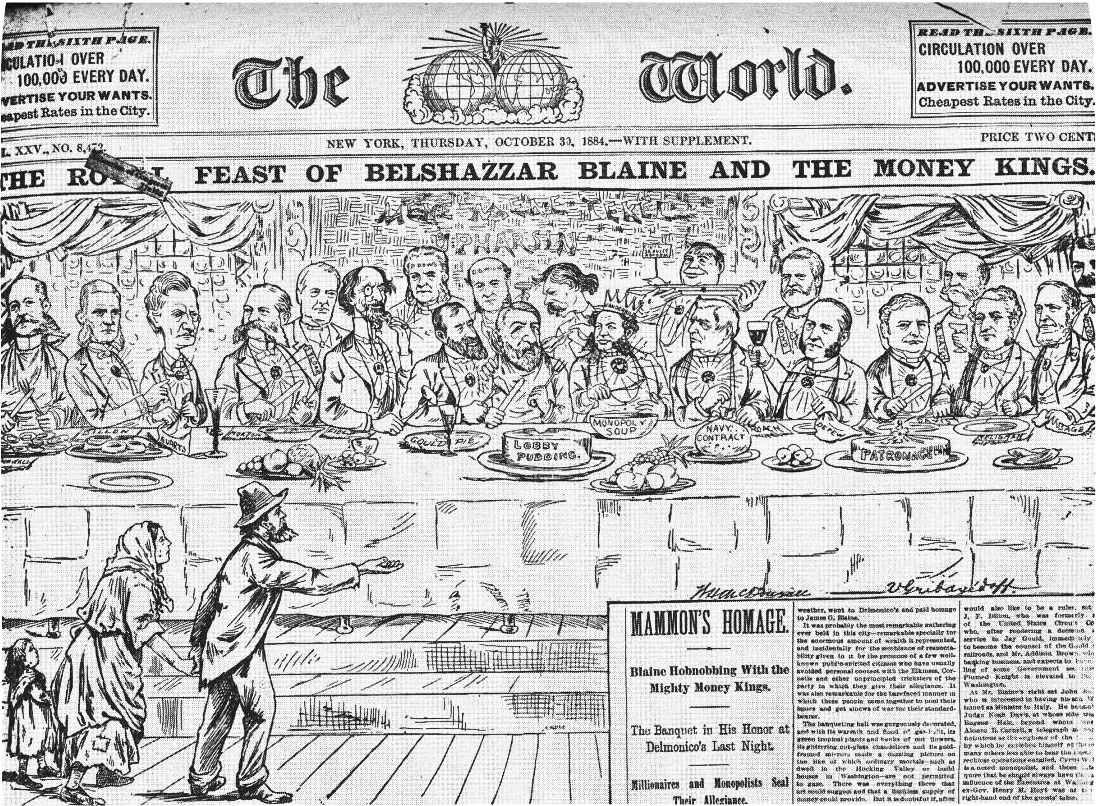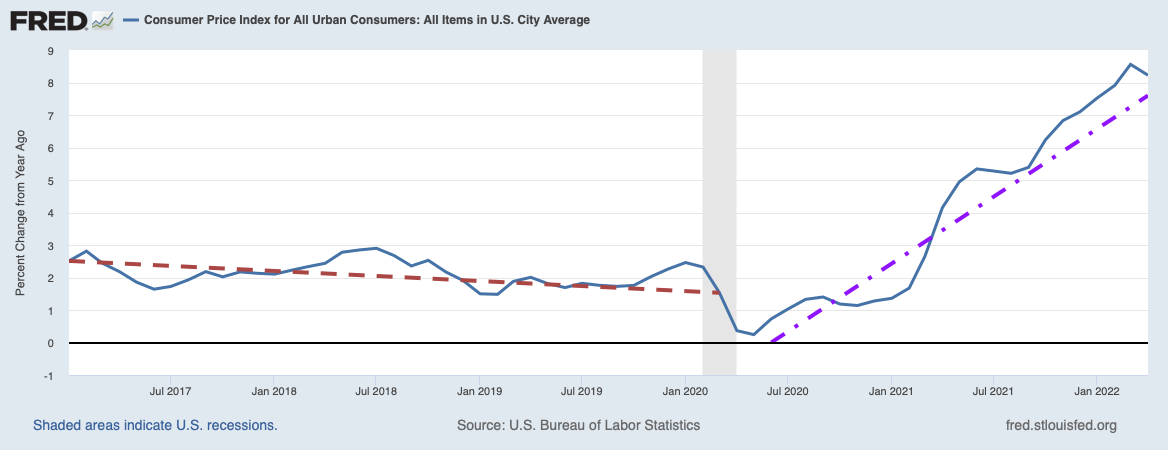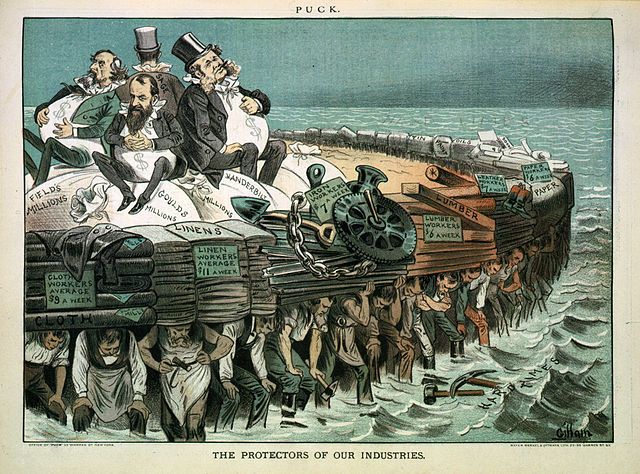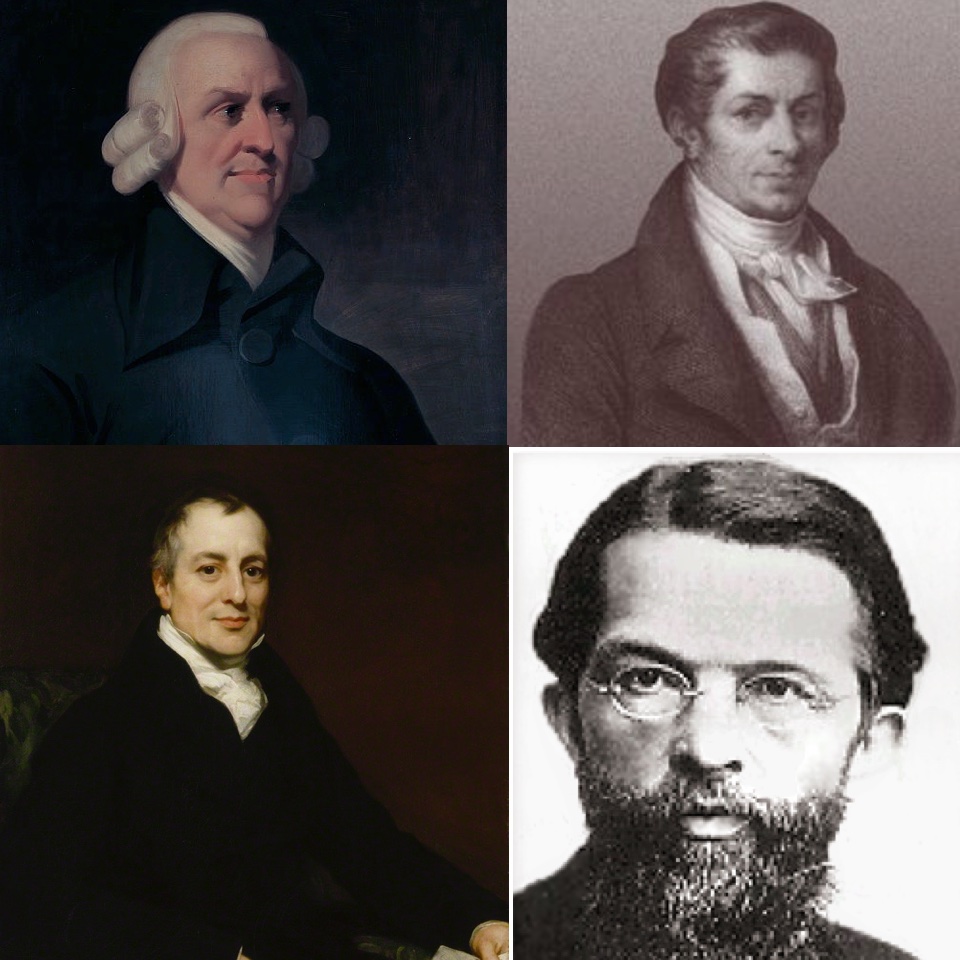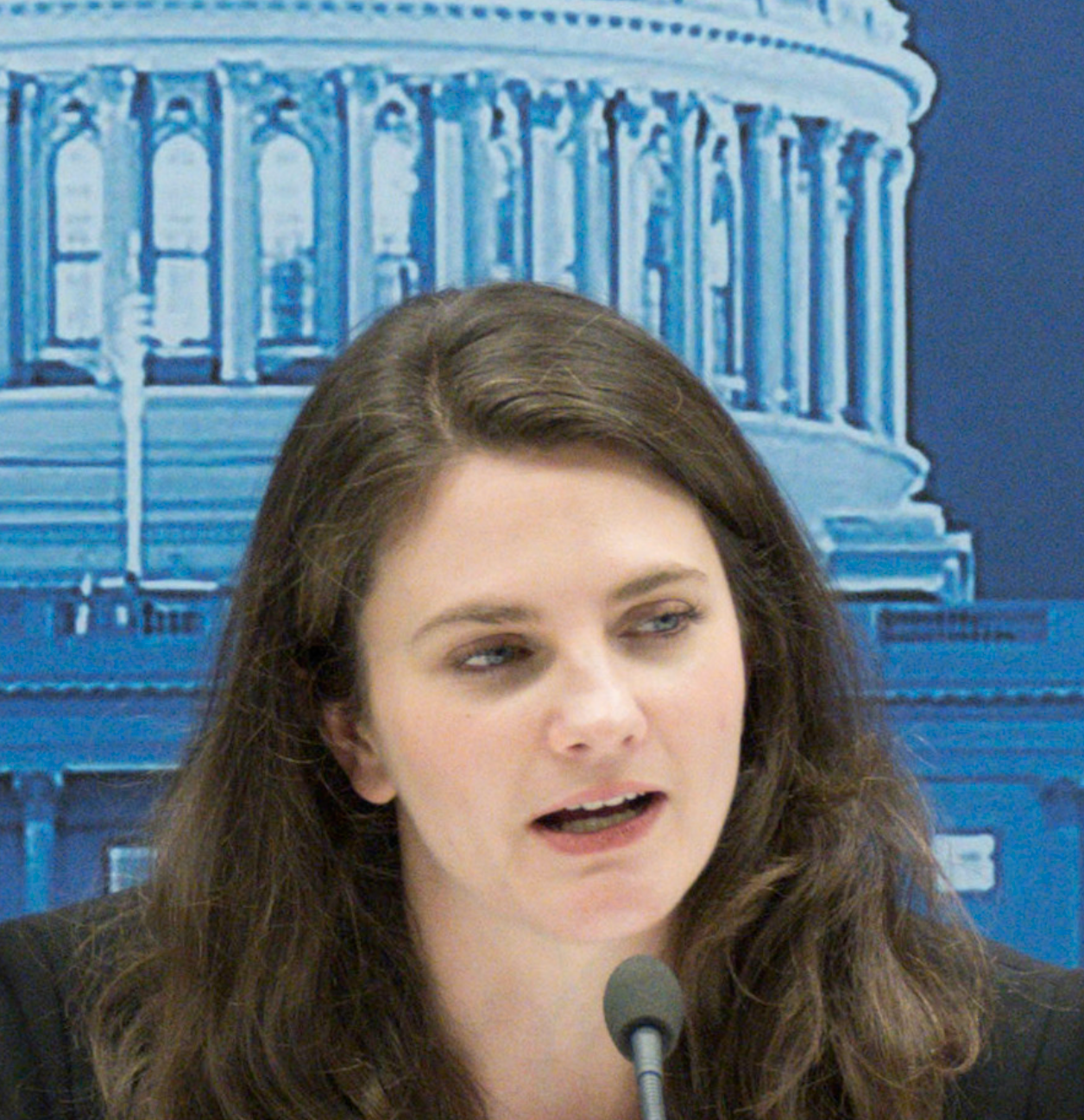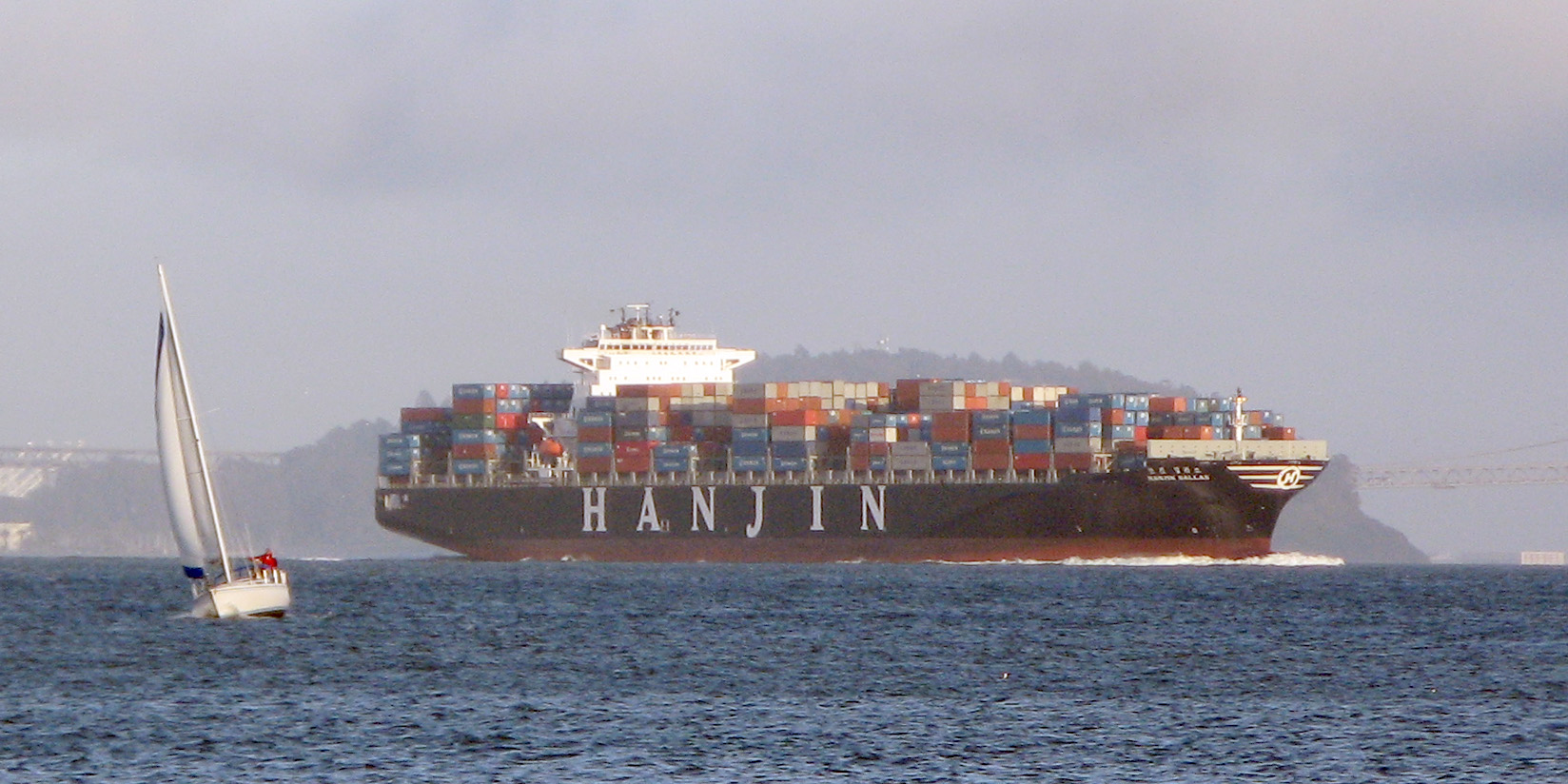The Trans-Pacific Partnership
Container ship from Asia Photo Credit: Flickr.com/Peter Kaminski
Last Monday the United States and 11 other countries with shores on the Pacific Ocean reached an agreement on a broad trade agreement called the Trans-Pacific Partnership (TPP). The countries that would be the initial members of this trade pact are Australia, Brunei, Canada, Chile, Japan, Malaysia, Mexico, New Zealand, Peru, Singapore, the United States, and Vietnam. Although China and India are not among the initial signatories, they have been prominently mentioned as possible future members of the trade pact. According to the Peterson Institute for International Economics, a think-tank devoted to research on international trade, these 12 nations are the source of 40% of global GDP and account for 36% of the two-way trade with the United States. A very big deal, indeed.
The TPP does a number of things that smooth the flow of trade and investment, the primary one being the lowering of tariffs. The discussed impacts on trade between the TPP nations are the following:
- Reduction of tariffs. As of my writing I have yet to see what tariffs are being reduced and by how much. Pre-treaty, the U.S. already has reduced tariffs to an average of 1.4% on foreign goods, and imposes absolutely no duties on 80% of U.S. imports from the TPP nations. Therefore any tariff reduction will almost certainly be to the benefit of the U.S.
- Greater protection of intellectual property rights. This includes copyright, trademark, and patent protections.
- Enforce standards of labor law.
- Extend environmental law protections.
- Establish an investor-state dispute settlement mechanism.
Now the treaty will go to the Senate for its advice and consent. In order to get this advice and consent, the Constitution (Article II, Section2, Clause 2) requires the treaty to get the approval of two thirds (67) of the 100 Senators. This is a high barrier for any treaty that faces considerable opposition, as this treaty does. A fascinating aspect of this issue is that most of Obama’s opponents on the issue come from the political Left, not the Right. For some time now, much of the Left has been adamantly opposed to the globalization of the world’s national economies, and of course the TPP treaty would immensely increase more global ties. Much of the opposition to globalization appears to be inspired by the fact that free-trade, almost by definition, is good for corporations. In the parlance of the Left, anything good for these units of capitalism must be bad for the world’s peoples. See here and here and here and here for websites that exhibit these views.
In addition much opposition to free-trade organizations stems from harmful transitional effects to workers, which inevitably appear whenever a new trade pattern arises. Quite often when a new flow of imported goods first appears in the U.S., American workers that had been employed in making those goods are no longer needed and are layed-off. As we know from Ricardo’s law of comparative advantage, as long as the trade is freely accepted by both sides of the trade and as long as the exporting country has a comparative advantage over the importing country in producing the good, both sides of the trade will profit. If the importing country no longer produces that good internally because of the import substitution, the companies that used to produce that good can take the capital they previously used to produce the substituted good and invest that capital elsewhere in a good in which their country does have a comparative advantage. This is a process often referred to as “the exporting of jobs”, to which labor unions are fervently opposed.
Where the importing economy can get in trouble is when it is not nimble and flexible enough to adjust to the import substitution. This happens when the government of the importing country, with its interference in the machinery of the economy, keeps the economy from adjusting. In principle the law of supply and demand, working together with the law of marginal utility as Adam Smith’s invisible hand (also see here), quickly guides the capital freed by the import substitution to where the economy most needs it. When this happens new jobs are created that can absorb at least some of the displaced labor. It might be desirable for the government to institute retraining programs to make displaced labor capable of working the new jobs, but with a more desirable distribution of capital the economy is then twice the winner. Once with obtaining the substituted good at a lower price than if the economy had to produce it itself, and then again by redirecting the freed capital to production of goods of higher value to the economy. Perhaps the new goods produced are ones with which the economy has a comparative advantage over other countries and can be profitably exported.
When the freed capital can not quickly find a new allocation, new jobs from producing other goods with that capital will not quickly be produced. The displaced labor may then languish in unemployment for a very long time. With omnipresent government regulation and high taxes, a government can create many barriers preventing corporations from putting newly freed capital to new uses. Unless government approval is given, a company can be prohibited from investing capital in the manner it desires. A Keystone pipeline, or drilling in the Arctic, or use of fossil fuels, or rational use of water in California can all be prohibited. Government departments have never been famous for fast, accurate estimation of what the economy needs, either in this country or in others.
Those who are currently opposed to free-trade agreements would be well advised to oppose government economic intervention that slows corporate allocation of capital instead.
Views: 2,216























